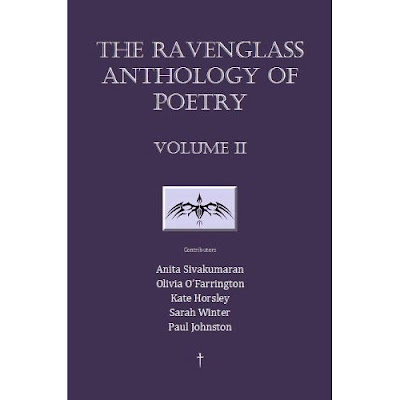Christmas falls very close to the winter solstice: the shortest day of the year is the 22nd of December.
I have noticed that many Christians seem uncomfortable with the proximity of one of Christianity's holiest days to the ancient, pagan celebration of solstice. "Pagan" elements in the celebration of the Nativity are regarded with deep distrust. Christmas trees, yule-logs, gift-giving, Father Christmas, even the Christmas ham are identified as "heathen" intrusions in an essentially Christian holiday. And this suspicion is not new: in the 17th century Protestants in Britain and the United States banned the celebration of Christmas for its heathen notes (and its idolotrous "trappings of popery.")
Non-Christians also enjoy pointing out the (supposedly) pre-Christian roots of many Christmas traditions, implying that, after all, the "authentic" holiday was pagan, earth-centered, and has survived *despite* Christianity's appropriation of the solstice symbols.
A person who is a good and true Christian should realize that truth belongs to his Lord, wherever it is found, gathering and acknowledging it even in pagan literature, but rejecting superstitious vanities and deploring and avoiding those who 'though they knew God did not glorify him as God...'
I have never understood either of these approaches. What was true and good and beautiful re-Christian pagans is true and good and beautiful always and for all. Or, as Augustine wrote, "truth belongs to the Lord, wherever it is found." The pre-Christian Europeans might have celebrated the return of light in the midst of darkness. But this longing for LIGHT, the joy at light's return--these impulses are fundamentally human and universal. They are the foundation of any religious desire, any quest for truth. They are, in the end, our desire for God. "My soul waits for the Lord," the Psalmist sings, "more than the watchmen wait for the morning. More than the watchmen wait for the morning."
Before the first Christmas both the psalmist and the scop in the dark Germanic woods, both the priest in the Holy of Holies and the ordinary man in the field--all waited with foreboding and longing for the advent of light: literal sunlight in a dark season--but also divine brilliance to pierce the soul's darkness.
In the centuries before Christ the prophets of Israel looked forward to a real incarnation of Light: the "Son" who is dimly suggested by the "sun" in the sky.
The People who walked in darkness
have seen a great light;
those who dwelt in a land of deep darkness,
on them has light shined.
Meanwhile, the fertile imagination of the gentiles waited for the solstice and invented myths to illustrate the same hope: tales of gods who died and rose again--Dionysis, Mithras, Osiris. For us--we are gentiles--Christmas was the day of fulfillment, the day that "myth became fact."
Gentile that I am, I balk at the idea of throwing out the "pagan" elements of Christmas celebration. I have no qualms about celebrating the winter solstice. My Christmas tree is full of light. If these things are partial they have been fulfilled in Christ. If they were pagan, they have been baptized.
Lo, how a Rose e'er blooming from tender stem hath sprung!
Of Jesse's lineage coming, as men of old have sung.
It came, a floweret bright, amid the cold of winter,
When half spent was the night



























































